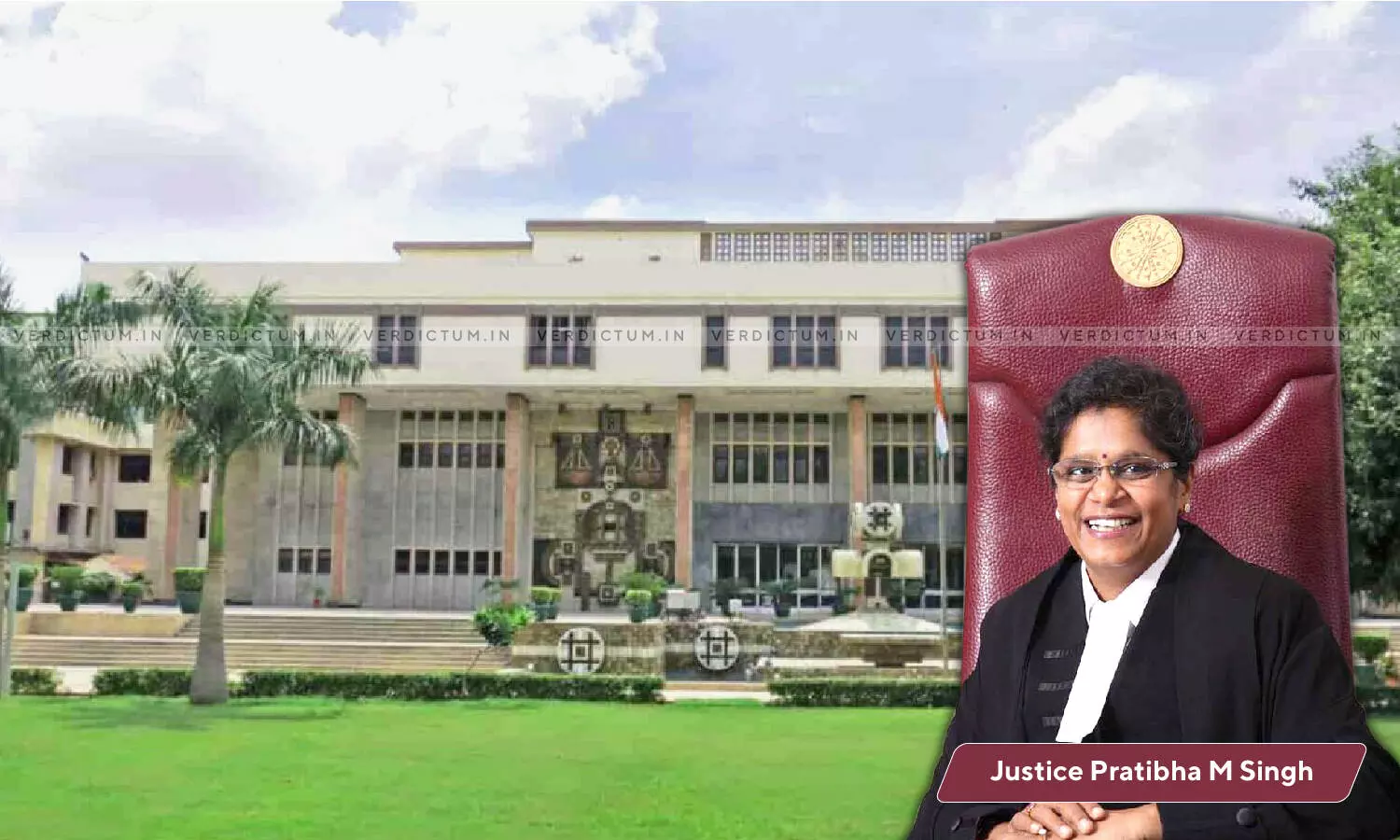
Places Of Worship Cannot Encroach Upon Public Land- Delhi HC Allows Demolition Of Portions Of Mandir and Masjid
 |
|The Delhi High Court has observed that the place of worship cannot encroach public land and hinder the developmental activities meant for the larger segment of the public and paved the way for demolition of portions of a Mandir and Masjid situated at Jheel ka Piao in ITO area.
The Bench of Justice Pratibha M. Singh observed that “the larger public would outweigh the concerns raised by both the places of worship i.e., the Mandir as also the Masjid. There is no gainsaying that places of worship cannot be encroaching public land and hindering developmental activities meant for the larger segment of the public.”
Advocate Hemant Chaudhary appeared for the petitioner and ASC Gautam Narayan appeared for the respondents.
In this case, the petition was filed by the caretakers and bearers of the Sanatan Dharam Mandir / Prachin Shiv Mandir located at Jheel ka Piao against the letter issued by the Executive Engineer, Civil, GNCTD whereby the petitioners were directed to remove encroachments and unauthorized occupation of PWD land, including the mandir.
During the hearing of the case, Delhi Waqf Board was impleaded in the matter after it was brought to the notice of the Court that a Masjid was also located adjacent to the temple.
The Court noted that the photographs placed on record by the Counsel for the Delhi Government clearly showed how both the places of worship abutted into the pathway and that there was no uniformity in the pedestrian pathway.
“The issue that has been raised in the present petition concerns the development of the pedestrian pathway in an extremely busy road near the ITO. The photographs which have been placed on record show clearly that the Mandir and Masjid are abutting the pedestrian pathway.” said the Court.
The Court said that “The usual conflict that the Court faces in such cases is the striking of balance between the larger public interest on the one hand and the interest of the devotees on the other.” and further relied upon the decision of Gujarat High Court in the case of Gulam Kadar Ahmadbhai Menon v. Surat Municipal Corporation AIR 1998 Guj 234 wherein it was held that “if such places of worship are taken away for the purposes of carrying out the expansion of the road, it would not mean in any manner that a religious structure is being disrespected.”
Therefore, the Court said that the PWD ought to have been permitted to make the pedestrian pathway uniform and for the said purpose, it permitted to demolish some portion of the Mandir/Masjid and further directed the Executive Engineer of the PWD that-
- “since the wall of both the Mandir and the Masjid are abutting the pedestrian pathway, the walls would be required to be demolished. If upon conferring with the said caretakers, there is a need to make some fresh construction in order to secure area of the Mandir and the Masjid, the same shall be done at the cost of the PWD.
- Both the Mandir and the Masjid or their occupants, shall not be treated as unauthorized occupants and no penalties and/or damages would be liable to be levied against them.
- In addition, the Court directs that the PWD shall ensure that one toilet facility each for the Mandir and the Masjid shall be provided with proper hand washing area, if required."
Accordingly, the petition was disposed of.
Cause Title- Devendra Kumar & Ors. V. State (NCT of Delhi) & Ors (Neutral Citation No. 2023/DHC/001358)
Click here to read/download the Judgment